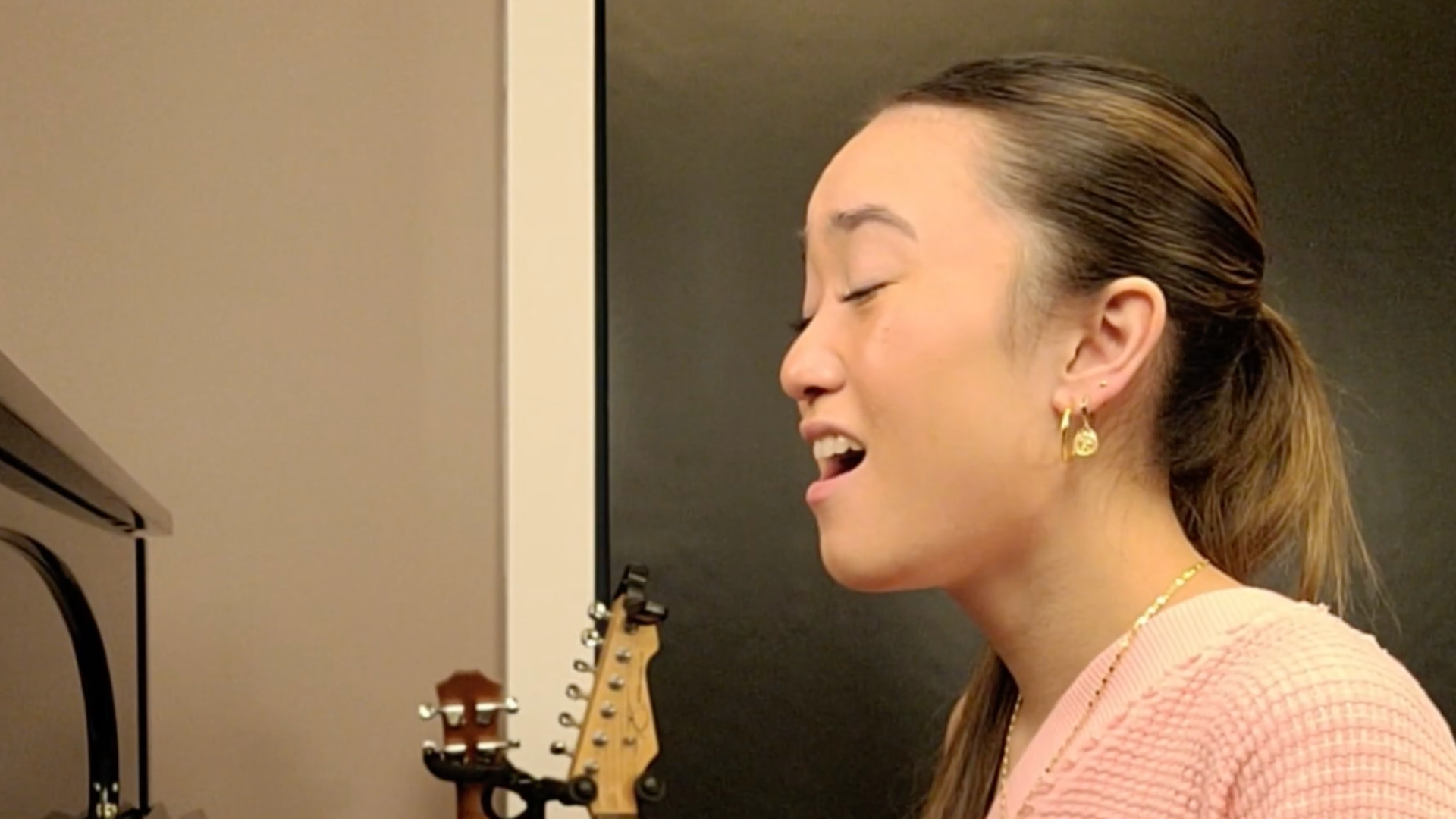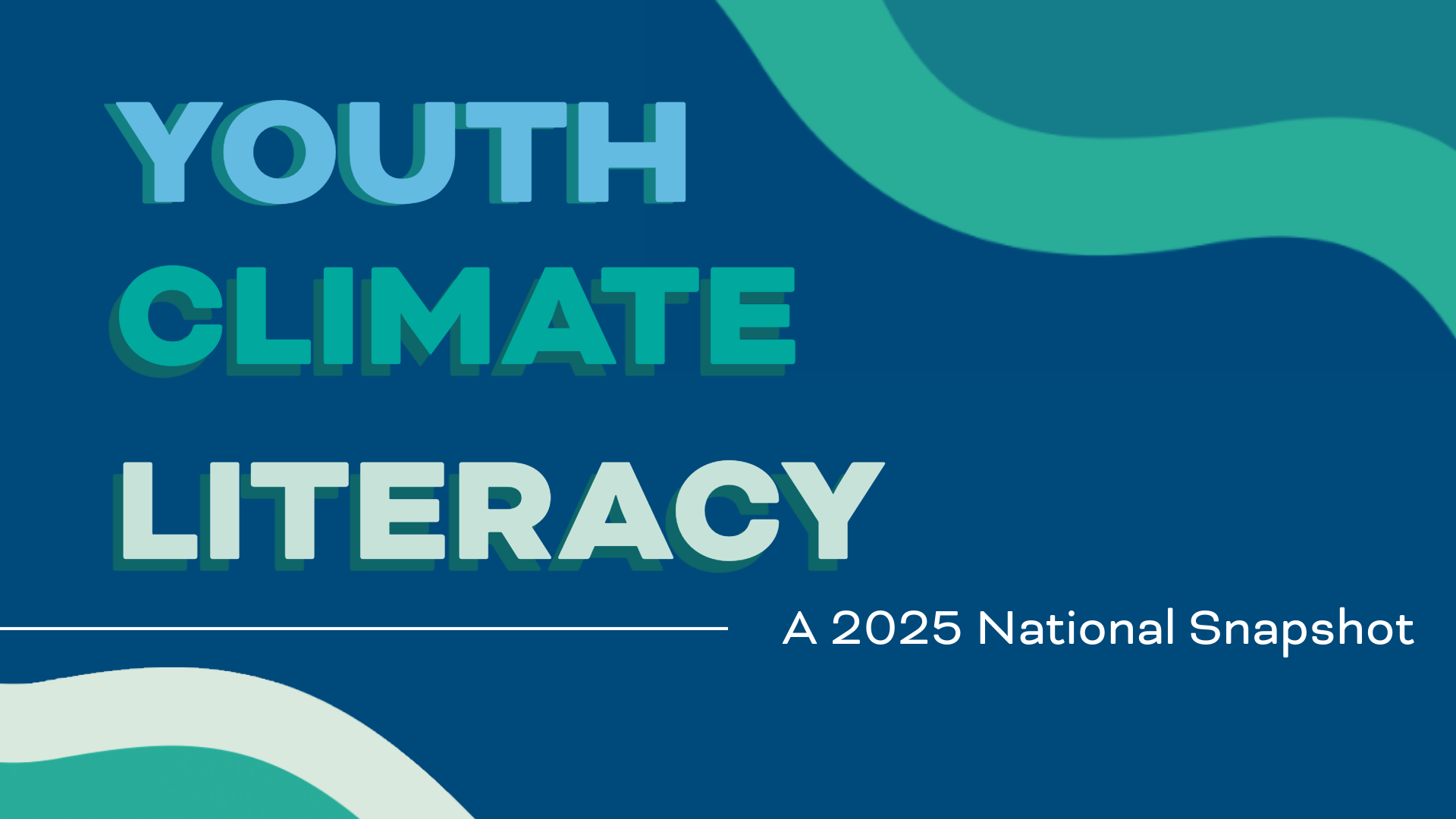Resources — Events
Early Years Climate Action Listening Session II: How can our health systems adapt to help children build resilience?
Join us on November 4th at 12 PM ET for the second listening session of the Early Years Climate Action Task Force.
The effects of climate change can be particularly harmful to young children’s health, development, and school readiness. Extreme weather events, increasing air pollution, eco-anxiety, and toxic stress threaten the future of childhood. This second public listening session will focus specifically around the following question: How can our health systems adapt to help children build resilience?
Panelists will share their experiences at the intersection of climate change and pediatric and maternal health.
Register Here
Panelists:
Malaika Ludman is a birth doula and certified lactation counselor who holds a master’s degree in public health. She is Program Coordinator for Birthmark Doula Collective’s Infant Ready program, which provides tools and information to promote perinatal emergency preparedness. As a mother of two, she recognizes the value in providing all pregnant and postpartum families with equal access to gentle, respectful, and compassionate care. Before becoming involved in community-based maternal health programs and services, Malaika served as a Peace Corps volunteer in Benin and later spent 5 years working for a global non-profit organization based in the DC area.
K. Ron-Li Liaw, MD is the Cannon Y. & Lyndia Harvey Chair in Child and Adolescent Psychiatry and Chair of the Pediatric Mental Health Institute at Children’s Hospital Colorado. Dr. Liaw is a Professor, Vice Chair of Diversity, Equity and Inclusion, and Division Director of Child and Adolescent Mental Health in the Department of Psychiatry at the University of Colorado School of Medicine. She serves as the inaugural Mental Health In-Chief at Children’s Colorado to help shape and oversee child mental health vision and strategy, operations, quality, safety, and workforce development system-wide.
Rupa Basu, PhD, MPH, is currently the Chief of the Air and Climate Epidemiology Section at the Office of Environmental Health Hazard Assessment (OEHHA) of the California Environmental Protection Agency. She has published extensively on research focusing on examining temperature and air pollution on health outcomes, including mortality, morbidity, and adverse birth outcomes, while identifying vulnerable subgroups. Prior to joining OEHHA, she worked at the US Environmental Protection Agency, after obtaining her PhD degree in epidemiology from The Johns Hopkins University Bloomberg School of Public Health and her MPH degree from the UCLA School of Public Health.
Parinda Khatri, PhD is chief clinical officer at Cherokee Health Systems (CHS), a comprehensive community health care organization in Tennessee that is a Federally Qualified Health Center and Community Mental Health Center. In her role at CHS, Khatri provides oversight and guidance on clinical quality, program development and management, workforce development, clinical research, and clinical operations for blended primary care and behavioral health services within the organization. She is also the principal investigator of several research and education programs at CHS, including the NIH-funded All of Us Research Program and Community Engagement Alliance Against COVID-19 Disparities.

